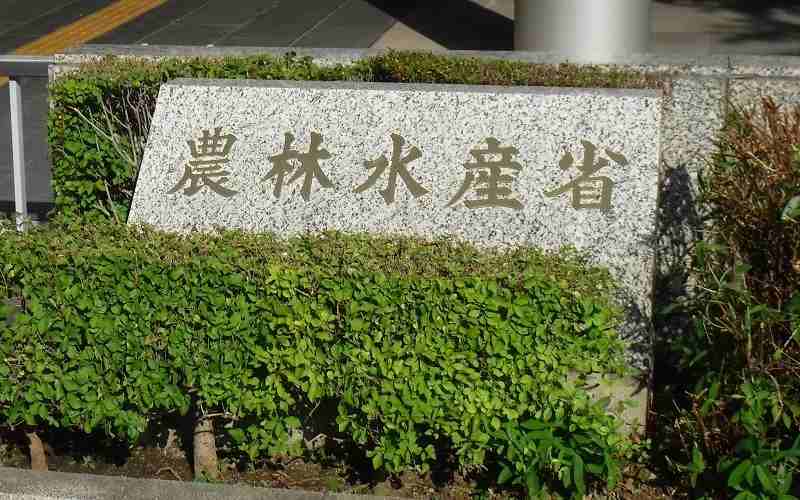
The Forestry and Fisheries Ministry building in Chiyoda Ward, Tokyo.
15:20 JST, September 15, 2022
The government spent about ¥1.55 trillion on measures in fiscal 2015-20 to soften the impact of the Comprehensive and Progressive Agreement for Trans-Pacific Partnership (TPP) on domestic businesses, but many policy goals have not been achieved, according to the Board of Audit.
This is the first time a clear picture of the budget execution for TPP-related measures has been revealed. As some projects failed to achieve satisfactory results, the board called on the Agriculture, Forestry and Fisheries Ministry to take steps to improve the situation Wednesday.
Japan, Australia and Canada are among the 11 members of the TPP trade deal, which came into force in December 2018. A major pillar of the TPP is the abolishment or reduction of tariffs on key agricultural products such as rice, beef and pork. This has made boosting the competitiveness of domestic farmers a pressing task.
During the six-year period scrutinized by the board, the government allocated a combined budget of about ¥1.94 trillion intended to bolster and improve business operators, such as by developing potential farm operators and supporting consolidation of farmland.
The audit found that spending came to about ¥1.55 trillion — about 80% of the total, including about ¥532 billion allocated to funds mainly for the distribution of subsidies. About ¥274 billion was carried forward to fiscal 2021, and about ¥112 billion went unused.
The Board of Audit also examined whether related projects achieved set performance targets.
According to the board, all three projects in two of the six key policy areas — improving international competitiveness and the competitiveness of the forestry industry — had met their targets.
However, targets had not been achieved in seven of the 11 projects in the remaining key policy areas, which included cultivating demand for exports, and improving the profitability of livestock and dairy farming operations.
In a project to bolster the business foundations of livestock farmers in various districts, only 143 districts — 41% of the total — achieved the target of increasing the number of cattle raised for breeding and milking by at least 10%.
There is no prospect of spending about ¥13.5 billion held by funds, due to reasons including a failure to find operators to participate in projects.
The board has instructed the agricultural ministry to return the “excessive” accumulation of funds to state coffers.
“We’ll look into this matter, based on the board’s findings,” a ministry official said.
Top Articles in Politics
-

Japan PM Takaichi’s Cabinet Resigns en Masse
-

Sanae Takaichi Elected Prime Minister of Japan; Keeps All Cabinet Appointees from Previous Term
-

Japan’s Govt to Submit Road Map for Growth Strategy in March, PM Takaichi to Announce in Upcoming Policy Speech
-

LDP Wins Historic Landslide Victory
-

LDP Wins Landslide Victory, Secures Single-party Majority; Ruling Coalition with JIP Poised to Secure Over 300 seats (UPDATE 1)
JN ACCESS RANKING
-

Japan PM Takaichi’s Cabinet Resigns en Masse
-

Japan Institute to Use Domestic Commercial Optical Lattice Clock to Set Japan Standard Time
-

Israeli Ambassador to Japan Speaks about Japan’s Role in the Reconstruction of Gaza
-

Man Infected with Measles Reportedly Dined at Restaurant in Tokyo Station
-

Videos Plagiarized, Reposted with False Subtitles Claiming ‘Ryukyu Belongs to China’; Anti-China False Information Also Posted in Japan






















